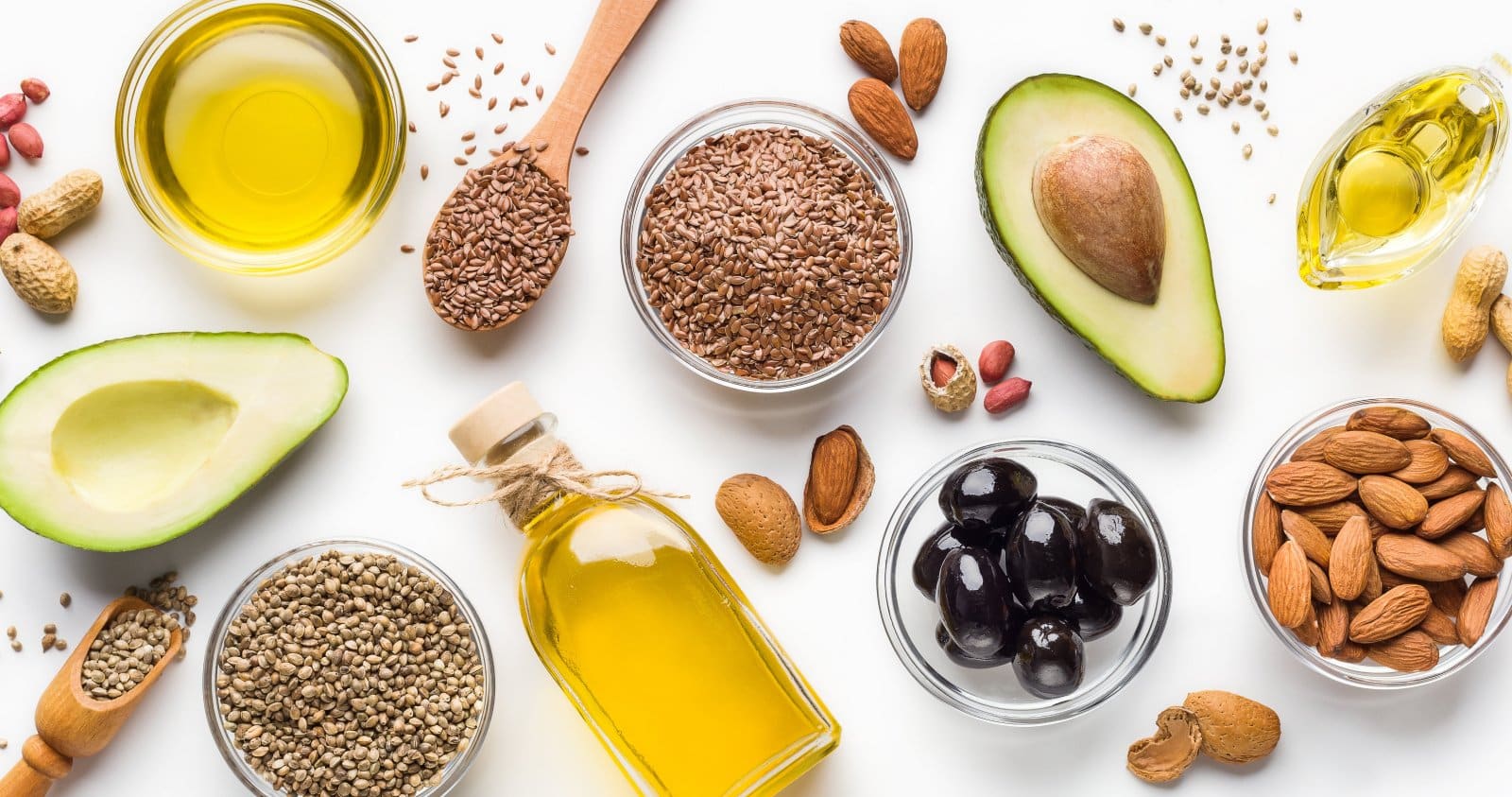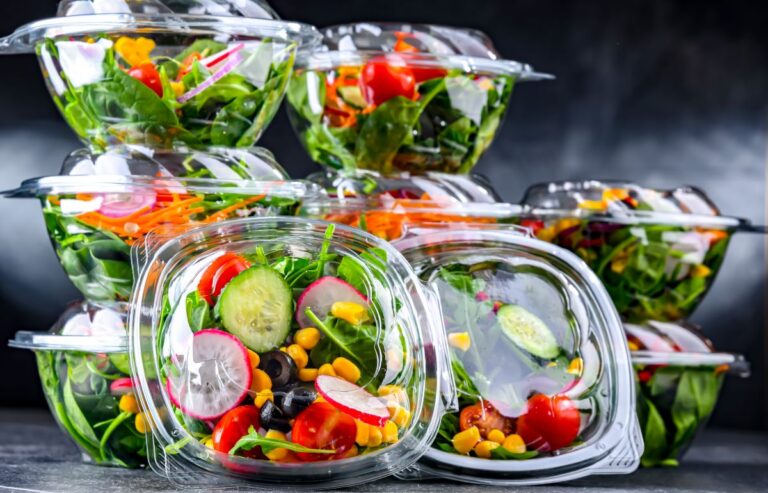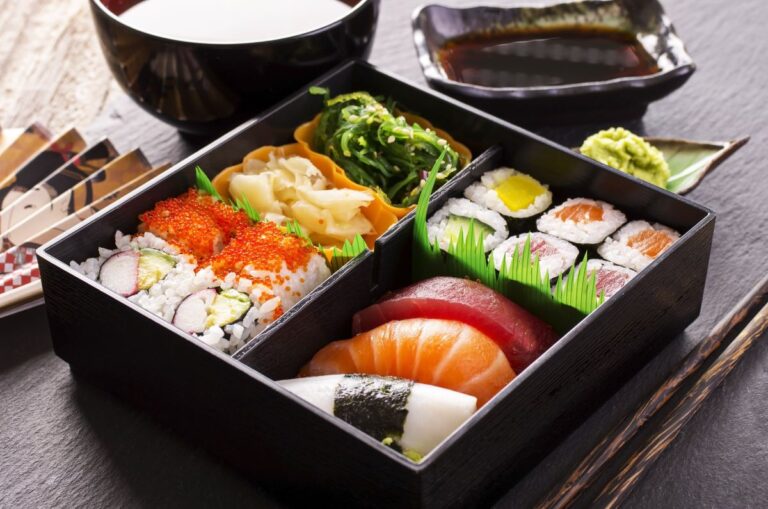Vegetable Oils Ranked: The Good, the Bad, and the Ugly
1. Extra Virgin Olive Oil

The crowned jewel of oils, lauded for its heart health benefits and loaded with antioxidants. It’s like the superhero of oils, fighting off evil heart villains. Plus, with relatively sustainable harvesting methods, it’s not just good for you, but the planet too. The catch? True love (or olive oil) never did come cheap.
2. Avocado Oil

A close runner-up, avocado oil boasts a high smoke point and a roster of health benefits. However, its environmental cape is a bit tarnished, given avocados’ water-hungry nature. Still, if you can afford it, your heart (and taste buds) might just thank you.
3. Coconut Oil

The internet’s darling for a hot minute, coconut oil is great for high-heat cooking and has a unique flavor. But watch out; it’s rich in saturated fats, which could throw a wrench in your cholesterol levels. And let’s not forget the environmental and human cost of mass coconut cultivation. Consume with caution and consciousness.
4. Canola Oil

Ah, the middle child of oils. With a modest price tag and a decent nutritional profile, it’s like the reliable sedan of oils. Yet, the heavy use of pesticides in canola farming and concerns over GMOs might have you thinking twice.
5. Flaxseed Oil

This one’s a bit of a health unicorn, rich in omega-3 fatty acids. But, it’s not great for cooking and comes with a higher price tag. Plus, the flax industry’s environmental impact is not as light as the oil itself.
6. Walnut Oil

A nutty choice, indeed. Walnut oil is packed with omega-3s and flavor but falls short in the cooking department due to its low smoke point. And, harvesting those precious nuts comes at a premium, both for your wallet and the environment.
7. Soybean Oil

Ubiquitous and affordable, soybean oil is the utility player in the oil league. However, it’s often highly processed and a major player in the deforestation game. Not exactly a win for team health or Mother Earth.
8. Sunflower Oil

High in vitamin E and perfect for your frying pan. Yet, when it comes to saturated fat, it’s a bit of a mixed bag. The sunflower farming industry, while not the worst, isn’t without its environmental thorns.
9. Palm Oil

Here we hit troubled waters. Cheap and versatile, yes, but palm oil’s health benefits are overshadowed by the environmental devastation caused by palm plantations. It’s the villain in our saga, responsible for deforestation and habitat loss.
10. Corn Oil

Cheap, yes. Healthy? Not so much. High in omega-6 fatty acids, it could throw your body’s balance out of whack. And with corn being a pesticide-happy crop, the environment isn’t cheering either.
11. Vegetable Shortening

The bottom of the barrel, or should I say, tub. Great for flaky pastries but a heartbreaker in the health department. Plus, the environmental and health impacts of hydrogenated oils are like a Shakespearean tragedy.
The Oil Odyssey

Navigating the murky waters of vegetable oils is no easy feat. It’s a blend of health benefits, environmental consciousness, and ethical considerations, with a dash of economic reality. While no oil is perfect, making informed choices can lead to a healthier heart, a happier planet, and perhaps a slightly lighter wallet. Choose wisely, and may your salads be ever in your favor.
Toxic Talk: 21 Phrases to Never Say to Your Kids

Are you worried about the impact of your words on your child’s well-being? Let’s tackle 21 phrases that might be causing more harm than you realize. Toxic Talk: 21 Phrases to Never Say to Your Kids
Breaking Ties: Recognizing When It’s Time to Go No-Contact with Parents

Deciding to go no-contact with a parent is a profound, often painful choice, but sometimes it’s necessary for personal well-being. Are you grappling with the decision to distance yourself from a toxic parental relationship? Breaking Ties: Recognizing When It’s Time to Go No-Contact with Parents
Stop the Stereotypes: 20 Gender-Based Comments Kids Don’t Need

It’s time to challenge traditional narratives that limit kids’ potential. Here are gender-specific phrases and ideas to avoid, fostering a supportive and open-minded environment for the next generation. Stop the Stereotypes: 20 Gender-Based Comments Kids Don’t Need
Reasons Your Adult Children May Be Pulling Away

Are you wondering why your grown-up kids seem to keep their distance? It might be a good time to look back and consider if some old parenting habits are to blame. Reasons Your Adult Children May Be Pulling Away
Want Happy Kids? Try These 15 Parenting Strategies

Parenting is both a privilege and a responsibility. Here are 15 research-backed strategies to help you raise happy children. Want Happy Kids? Try These 15 Parenting Strategies
The post Vegetable Oils Ranked: The Good, the Bad, and the Ugly first appeared on Peachy Fours.
Featured Image Credit: Shutterstock / Prostock-studio.
For transparency, this content was partly developed with AI assistance and carefully curated by an experienced editor to be informative and ensure accuracy.







